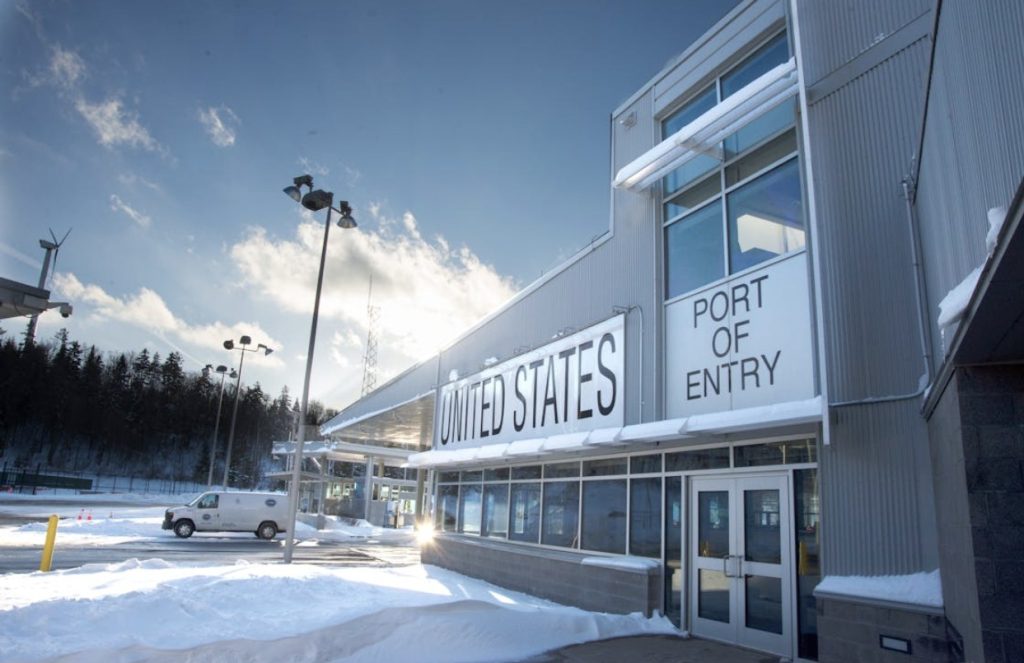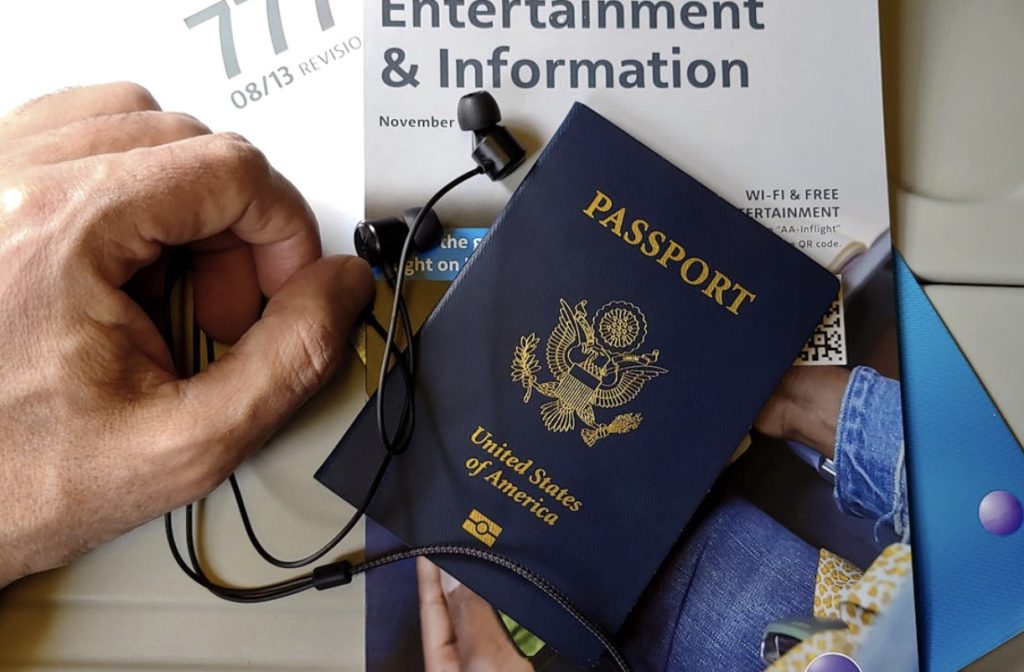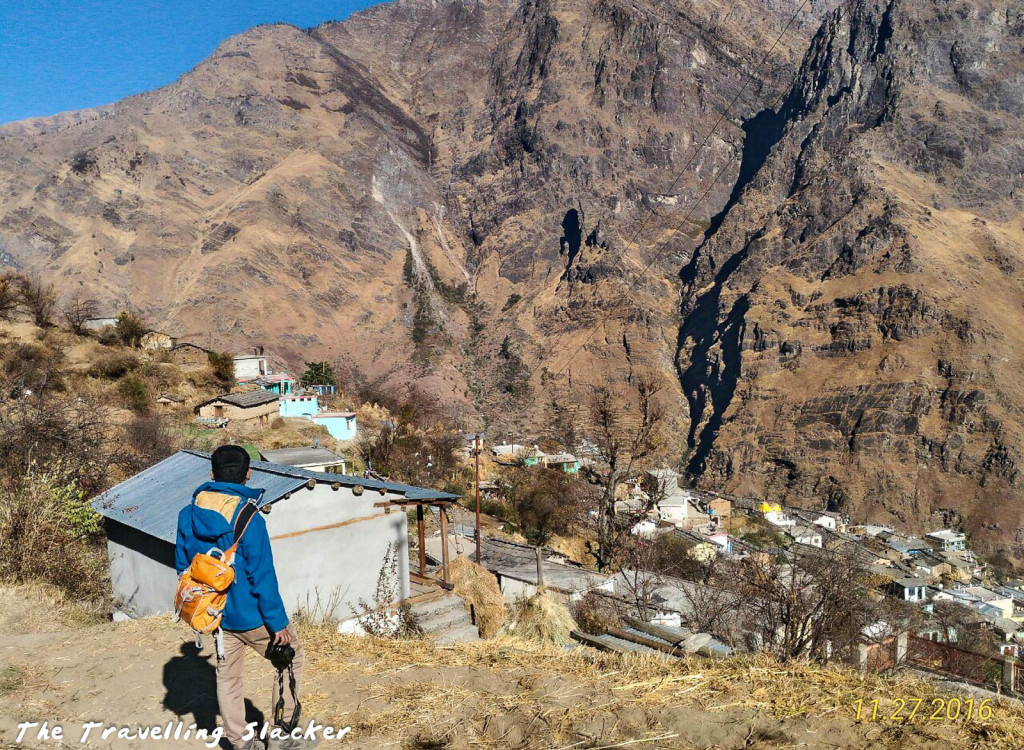You meet people on the road who do remarkable work. A chef guesting in pop-ups across continents. A dancer on tour. A researcher presenting at major conferences. Many of them want a stable base in the United States without giving up the freedom to travel.
If this sounds like you, there is a path worth knowing. The EB-1A, also called the Extraordinary Ability Green Card, lets top achievers self-petition for permanent residence. You do not need a US employer sponsor.
If you think you may qualify, the EB1A Free Evaluation can help you check where you stand against the rules in a no-pressure way.

Photo by Matt Barnard
What Is EB-1A
The EB-1A is a US immigrant visa for people who have reached a high level of achievement in their field. It applies to arts, sports, business, education, and science.
The core idea is simple. You must show sustained national or international acclaim and that your achievements are recognized in your field.
USCIS lists a set of criteria. You can qualify by showing a major one-time award, or by meeting at least three of several types of evidence, such as press coverage, judging the work of others, leading roles, high salary compared to peers, and original contributions of major significance.
Why Travelers Fit EB-1A
Many traveling professionals work across borders and build a public record that is easy to verify.
If you perform in different countries, speak at respected events, or ship products used worldwide, your footprint is not limited to one city. That can help show acclaim that is broader than local recognition.
A travel-heavy career also brings evidence opportunities. Touring schedules show sustained demand. Invitations to speak or judge competitions document your standing among peers. International media and industry reviews provide independent coverage.
These records can support the EB-1A standard when they show consistency, not just a single lucky break.
Finally, EB-1A does not require a specific US job offer. For mobile workers, this matters. You can continue to accept projects, tours, or fellowships without being locked to one employer.
You still need to show that you will keep working in your area of ability after you get the green card, but you can do that with a simple plan, contracts, or letters from venues and collaborators.
Who Should Apply
Think about EB-1A if at least some of the following fit you:
- You have press articles about your work in reliable outlets, regional or international.
- You have won notable awards, or placed highly in recognized competitions.
- You have performed, exhibited, launched, or headlined in respected venues or events.
- You have judged others, served on selection panels, or reviewed for journals or festivals.
- Your pay or appearance fees are high compared with peers in your market.
- Your work is cited, used, or adopted by others in the field.
Examples from travel-friendly fields include touring musicians with festival credits and reviews, chefs with pop-ups featured in known publications, and athletes with international rankings, and even photographers with solo shows and juried awards.
Build Strong Evidence
Strong EB-1A cases are built with organized, verifiable proof. Here is how frequent travelers can collect it while on the move:
- Press and profiles: Save links and PDFs of reviews, interviews, and features. Include outlet mastheads and dates. Screenshots help if pages move.
- Programs and posters: Keep digital copies of festival programs, event posters, and schedules showing your billed role.
- Invitations and contracts: Store formal invites to perform, speak, or judge. Confirm the reputation of the organizer with background notes.
- Comparative pay: Keep invoices and payment records. When possible, add public salary surveys or fee ranges to show you are above market.
- Impact of your work: For researchers, track citations and h-index. For creatives, document awards, sales figures, streaming numbers, chart positions, or museum acquisitions. For founders, compile user counts, downloads, patents, or citations in trade press.
A clean evidence index helps. Use folder names like “Media,” “Awards,” “Judging,” “Exhibits,” “Fees,” and “Impact.” Add a one-line description for each file.
When the time comes, your attorney can assemble these into the formats that USCIS understands.
Benefits for Mobile Careers
Legal permanent residence in the US gives you the right to live and work anywhere in the country. You can take contracts, start a company, tour, or consult. You can also travel abroad and return, as long as you keep strong ties to the US and avoid long absences that could risk abandonment of residence. Many EB-1A holders keep active project calendars in and out of the US while building their base in a US city.
No employer sponsor means less uncertainty when a tour ends or a contract expires. If your field shifts, you can adapt your work without filing a new employment-based petition.
For families, permanent residence allows your spouse to work and your children to attend school, which can make long-term planning simpler while you continue to accept overseas gigs.
For readers who want to confirm what permanent residence means in law and practice, the Wikipedia page on United States lawful permanent residency provides a helpful overview of rights and responsibilities. It is not legal advice, but it is a useful high-level summary of status, travel limits, and paths to citizenship.
Myths vs Facts
Myth: You must win a world-famous award.
Truth: A single major award can qualify, but most successful cases show at least three types of evidence from the USCIS list. Consistency and credibility matter more than one trophy.
Myth: Press clippings alone are enough.
Truth: Press is helpful, but you should also add proof of impact, leadership roles, judging, pay, or contributions adopted by others.
Myth: You need a US job offer first.
Truth: EB-1A is a self-petition category. You do need to show you will keep working in your area after approval, which most traveling professionals can do with planned bookings and letters.
Myth: Travel will hurt your case.
Truth: Many EB-1A recipients are global workers. What matters is strong ties to the US once approved and a clear plan to keep contributing in your field.
How to Prepare Without Stress

Photo by DΛVΞ GΛRCIΛ
Start by mapping your strongest evidence to the USCIS list. Note what is solid and what needs work. If you see gaps, plan the next season with those in mind. Aim for juried events, higher-tier outlets, or judging roles you can accept without breaking your travel schedule. Keep records current after each tour, residency, conference, or launch.
When you are ready to test your profile, get a professional read. A structured review can weigh your materials against the legal standard and suggest realistic next steps. That is where an EB1A Free Evaluation can be helpful, especially if it asks for concrete documents like awards, press, judging activity, or measurable impact. A short assessment can save time and set a clear plan.
One more tip. Try to avoid last-minute scrambles. Set a monthly reminder to file new press, payment proofs, and invites into your evidence folders. When your record grows in an organized way, the petition process becomes much smoother.
Final Thoughts
You do not have to stop traveling to aim for EB-1A. Many people build a US base, keep moving for work, and document their progress as they go. If you have a record that peers respect, and you can show it with clean evidence, the category is worth a close look.






